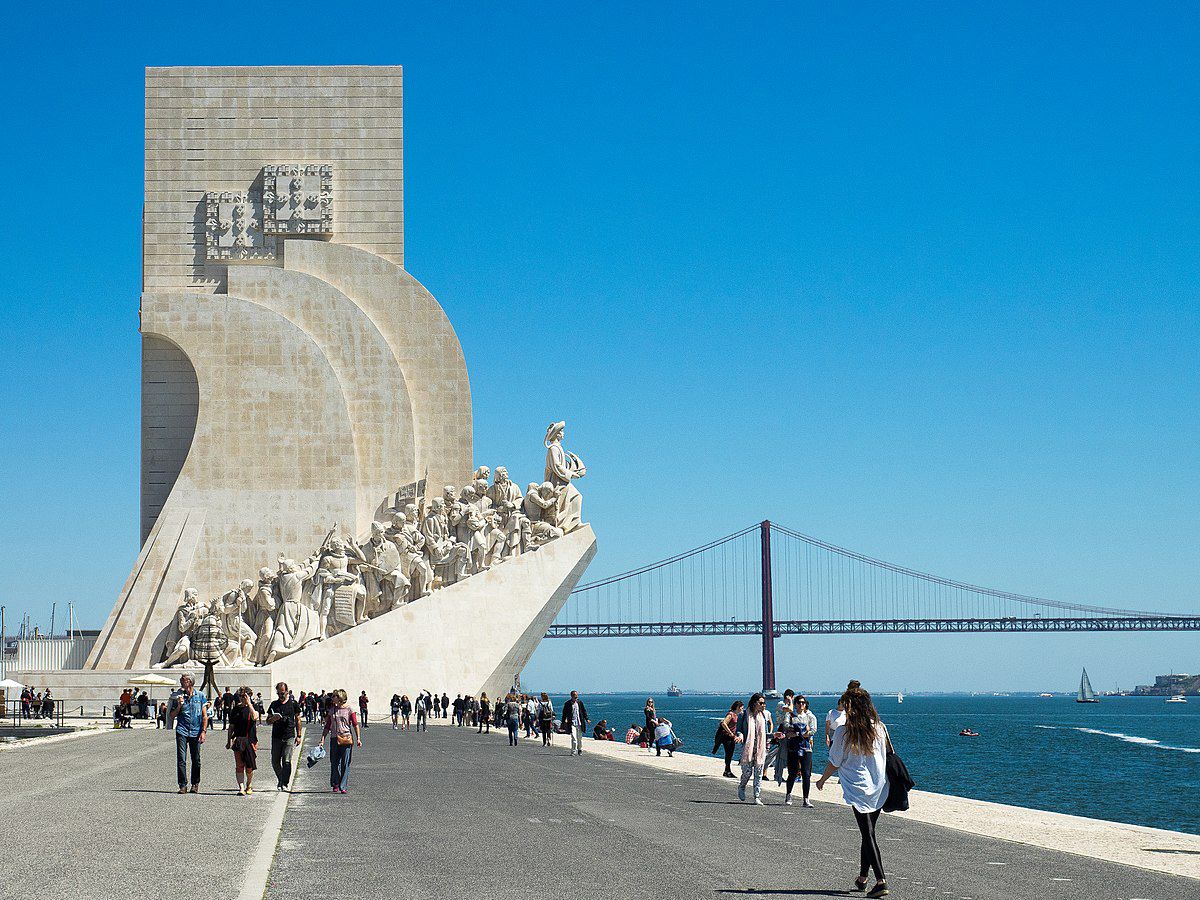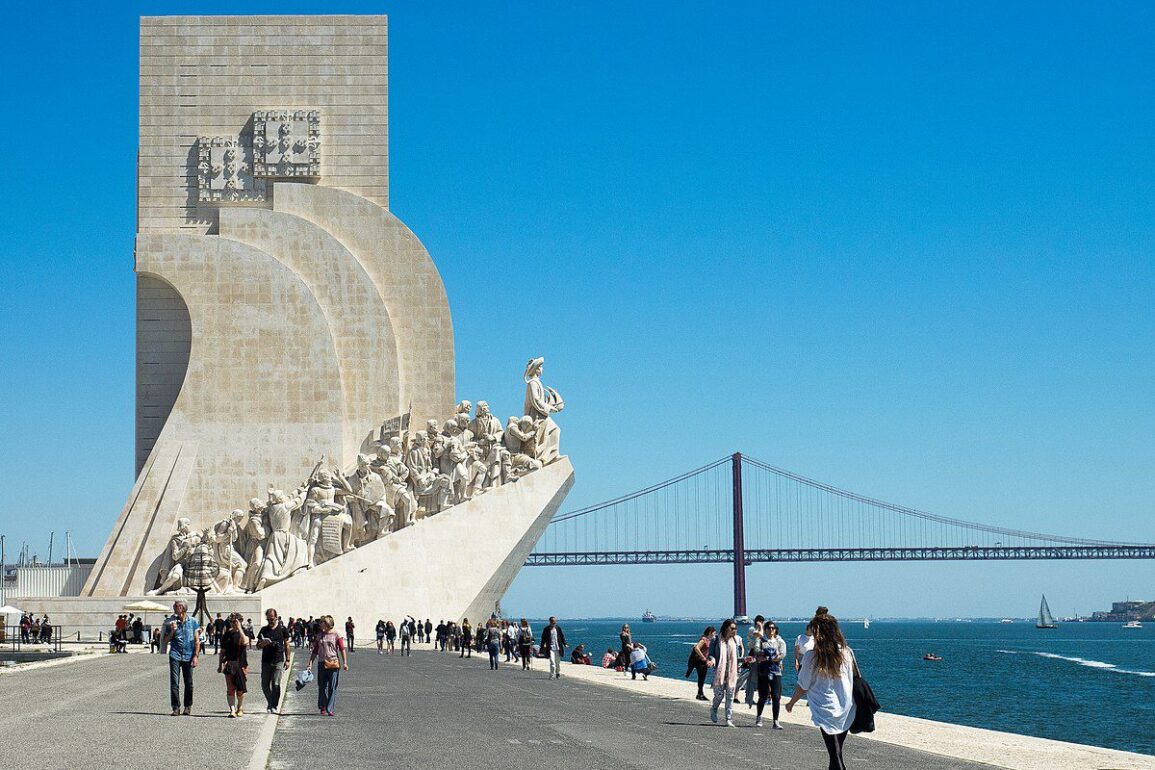
Speaking to Lusa on the sidelines of the international meeting taking place in Lisbon under the theme “Making history in times of conflicting political demands”, the director of the Institute of Contemporary History at Universidade Nova de Lisboa explained that “countries that have a colonial past are in this forced, even by the social pressures of many of the people who come from these former colonies, to review their relationship with their colonial past and their colonialist practices”.
A reparations process does not imply direct compensation, but “involves a lot of things” that show a true recognition of the past.
“It may involve forms of integration of formerly colonised peoples into formerly metropolitan societies”, exemplified Luís Trindade, who also points out the possibility of sharing pieces of art that came from the colonies.
“Our museum collections are extremely rich and can be better utilised and discovered not only by the Portuguese but also by the people from which many came”, he highlighted.
All these measures must be taken “in a dialogue between countries”, which allows “a sharing of a common past, with everything negative that was done”.
In the case of museums, this implies “recognising that many of the pieces that came are pieces that came in a context of great inequality and discrimination, which truly happened in Portuguese society”.
At the end of April, the President of the Republic, Marcelo Rebelo de Sousa, argued that Portugal must lead the process of assuming and repairing the consequences of the period of colonialism and suggested as an example debt forgiveness, cooperation, and financing, which have already been established.
Following these statements, the Chega party formally requested the removal of the head of state, a proposal that was rejected in Parliament.


